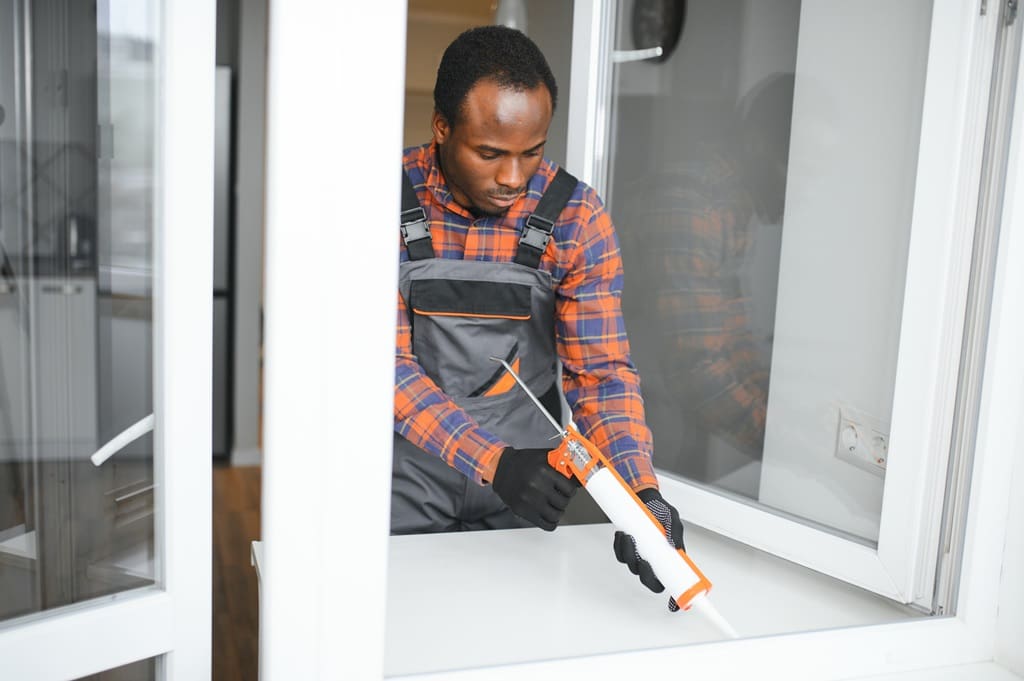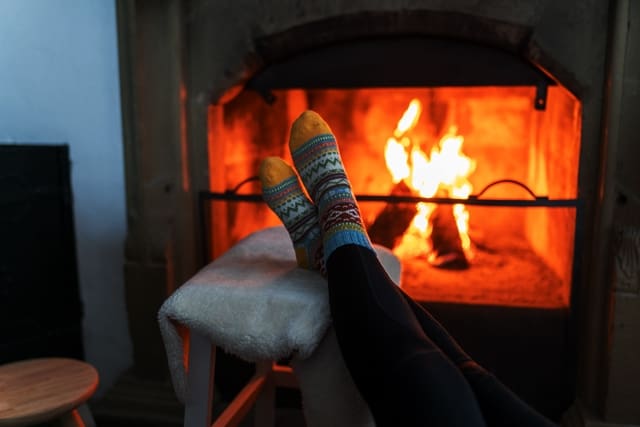As the temperature drops, preparing your home for winter becomes crucial to ensure comfort and safety. Winterizing isn’t just about staying warm—it’s about increasing energy efficiency and avoiding costly repairs. Homeowners who take proactive steps, like insulating their homes and maintaining heating systems, save on energy bills and reduce the risk of winter damage. A well-winterized home also boosts indoor air quality by minimizing drafts and cold spots. The investment in winterizing not only brings immediate comfort but also long-term financial benefits.
Insulation: The Key to Keeping Warm
Insulation is one of the most important steps in winterizing your home. It keeps the heat in and the cold out, making your home more energy-efficient. Start by checking your attic, walls, and floors for proper insulation levels. Consider adding insulation if needed, especially in areas prone to heat loss, such as the attic or basement. Proper insulation can reduce heating costs by up to 20%, making it a cost-effective measure for every homeowner preparing for winter.
Seal Doors and Windows for Maximum Efficiency

Drafty windows and doors are the biggest culprits when it comes to heat loss during winter. Sealing cracks and gaps around these areas is essential to keep warm air inside. Weatherstripping and caulking are quick and inexpensive fixes that significantly reduce drafts. You can also upgrade to energy-efficient windows to further enhance your home’s insulation. By addressing these problem areas, you’ll enjoy a cozier home and lower utility bills throughout the colder months.
HVAC System Maintenance: Stay Warm All Season
Your heating, ventilation, and air conditioning (HVAC) system is the heart of your home during winter. To avoid a breakdown during a cold snap, schedule a professional HVAC tune-up before winter hits. Regular maintenance helps the system run efficiently and prevents unexpected repair costs. Don’t forget to replace filters regularly to ensure clean air circulation. An optimized HVAC system can save you up to 15% on energy costs, making it an essential part of your winterization checklist.
Protect Your Pipes from Freezing

Frozen pipes are a homeowner’s nightmare during winter. When pipes freeze, they can burst, leading to water damage and costly repairs. To prevent this, insulate any exposed pipes, especially those in unheated areas like garages or basements. Letting faucets drip on particularly cold nights can also prevent freezing. Taking these precautions now will help you avoid major issues once the temperature drops significantly.
Don’t Forget Outdoor Preparations
Winterizing your home isn’t just about the inside; outdoor maintenance is just as important. Clean out gutters to prevent ice dams, which can damage your roof and lead to leaks. Shut off exterior water lines and drain garden hoses to avoid freezing and cracking. Also, inspect your roof for loose shingles or damage that could worsen during winter storms. Taking care of your home’s exterior is the final step to ensure it’s fully prepared for the cold months ahead.
Winterize Early for Peace of Mind

Preparing your home for winter takes time, but the benefits are well worth the effort. From insulation and sealing drafts to maintaining your HVAC system, each step plays a crucial role in creating a warm and energy-efficient home. By winterizing early, you’ll avoid emergency repairs, lower energy bills, and stay comfortable all season long. Make winterization part of your annual home maintenance routine to ensure your home is always ready for whatever winter brings.
WinterizeYourHome #HomeMaintenance #EnergyEfficiency #ColdWeatherPrep #WinterTips #HVACMaintenance #HomeownerGuide #Insulation #DraftProofing #FrozenPipes #HomeImprovement

Richard has extensive experience in all aspects of buying and selling residential property. He has sold more than 400 homes and well over $100 million in residential real estate. There’s no need to guess. Get expert advice that will allow you to buy and sell with confidence and ease.
For neighborhood guides about Decatur and other intown neighborhoods, click here.
To learn more about the value of your home, please complete the form here.
If you are looking to purchase a home, please reach out here. We would love to help you have a wonderful buying experience.
You can always reach us through the Contact Us page here as well.
